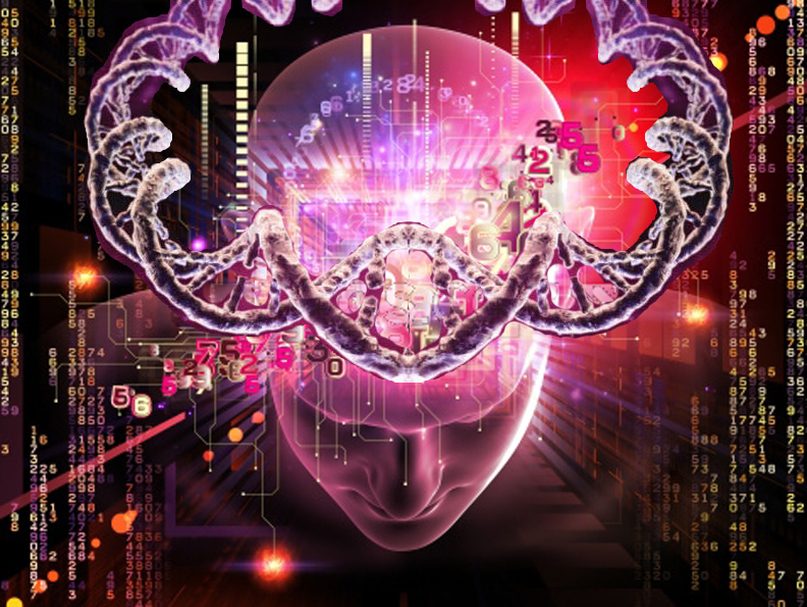
I wonder how long it's going to take for the first implant based on this discovery to hit the FDA approval cycle? I'm sure people would line up to have a little implant (in their anterior-dorsal insula) that would allow them to press a button and experience instant bliss - like really good ecstasy without the hangover. It's the magic pill everyone has been searching for.
This article comes from Christian Jarrett at the BPS Research Digest.
Targeted brain stimulation provokes feelings of bliss
Posted by Christian Jarrett | BPS Research Digest
It's hard to fathom how our subjective lives can be rooted in the spongy flesh of brain matter. Yet the reality of the brain-mind link was made stark half way through the last century by the Canadian neurosurgeon Wilder Penfield. Before conducting neurosurgery on epilepsy patients he stimulated parts of their brains directly with an electrode, triggering in them subjective sensations that varied according to the source of stimulation.
In a new case study, a team of Swiss and French neurologists followed a similar strategy during brain surgery with a 23-year-old female patient. She has temporal lobe epilepsy and experiences "ecstatic auras" before seizure onset. During these periods she has "intense feelings of bliss and well-being", a floating sensation in her stomach, enhanced senses and time appears to contract.
Fabienne Picard and his colleagues stimulated different parts of the woman's temporal lobes with electrodes to try to find the precise source of her epileptic seizures. In fact none of their stimulations caused her to have a seizure. However they did observe some intriguing subjective experiences in the woman. When they stimulated her anterior-dorsal insula - a brain region implicated in many functions, including representing the internal state of the body - she experienced the same feelings of bliss and ecstasy that she reports prior to a seizure. "I feel really well with a very pleasant funny sensation of floating and a sweet shiver in my arms," she said. Such sensations were not triggered by stimulation in any other part of her temporal lobe.
Prior research has shown that stimulation of other brain regions, including the amygdala and other parts of the insula, can evoke pleasant memories and pleasant sensory experiences, but the researchers said theirs is the first ever account of neurostimulation leading to feelings of bliss or ecstasy. It complements brain imaging research that has found correlations between anterior insula activity and feelings of intense love and joy, and also oneness with God.
It's important not to be lulled into thinking this case study has helped identify the brain's "pleasure centre". Many parts of the brain are involved in motivation and hedonic experience. Stimulation of the nucleus accumbens, part of the brain's so-called "reward pathway", is being explored as a treatment for depression (although it has not been linked with the sensations of bliss reported here). Research also shows that rats will press a lever for hundreds of hours so as to receive stimulation of the nucleus accumbens, but it's thought this stimulation may trigger wanting and craving rather than pleasure per se. Activity in orbitofrontal cortex (at the front and bottom of the brain) has been associated with enjoyment of food and other sensory pleasures.
With that caveat aside, this case study makes a useful contribution. "Our findings, if reproduced in future studies, should aid in the understanding of the brain mechanisms causing feelings of happiness/bliss, whether they are elicited externally (for example, by highly positive emotional stimuli) or internally (for example, by religious or deep meditative states, or by seizures)," the researchers said.
_________________________________
Citation:
Picard, F, Scavarda, D. and Bartolomei, F. (2013, Sep 3). Induction of a sense of bliss by electrical stimulation of the anterior insula. Cortex, online first. DOI: 10.1016/j.cortex.2013.08.013
Post written by Christian Jarrett (@psych_writer) for the BPS Research Digest.

No comments:
Post a Comment